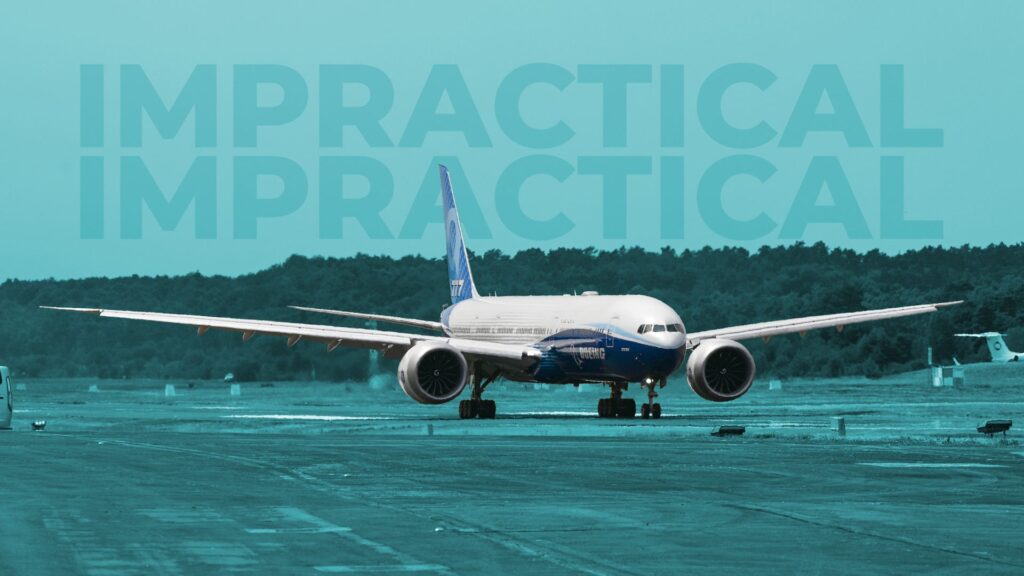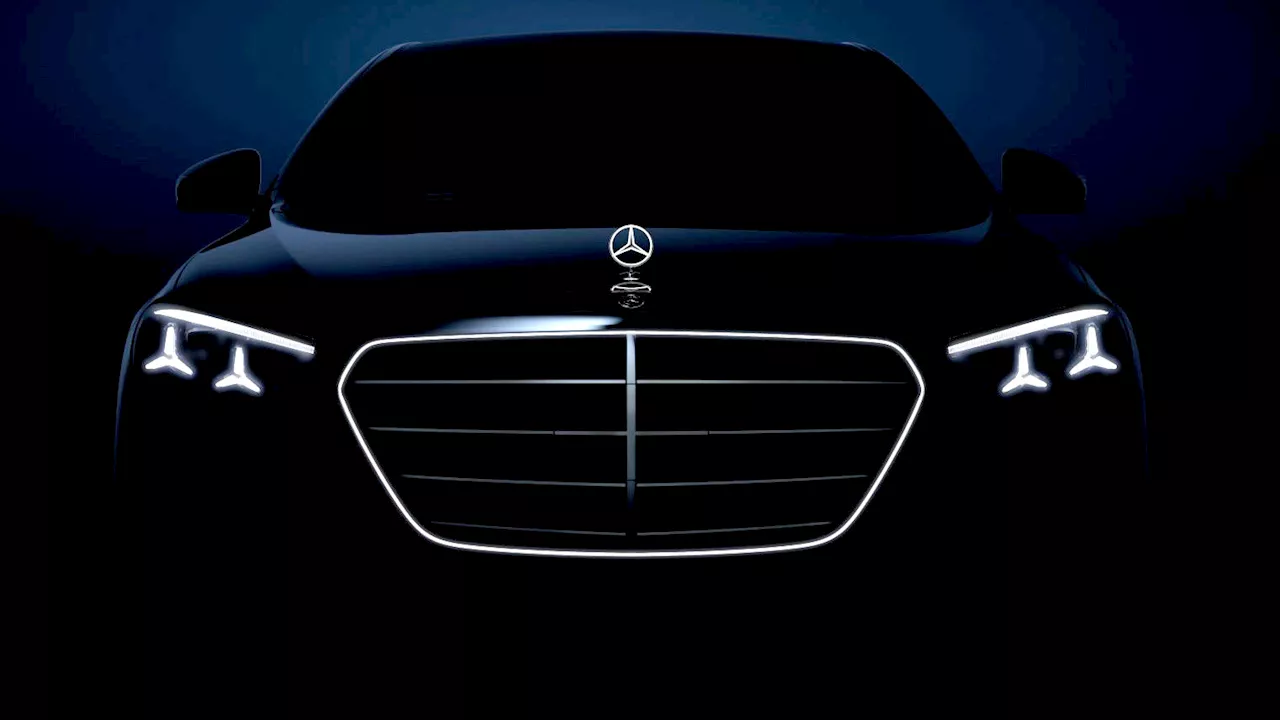
The anticipated Boeing 777X series faces significant challenges as no major US airlines are currently planning to place orders. The size and capacity of the aircraft conflict with the operational models of leading US carriers. Instead, international airlines such as Lufthansa have committed to the aircraft, intending to replace older models like the Boeing 747 on trans-Atlantic routes.
Concerns over the 777X’s suitability for the hub-and-spoke network prevalent among US airlines have contributed to their reluctance. The aircraft, designed to fill the void left by the phased-out Boeing 747 and Airbus A380, is seen as too large for existing routes operated by major US carriers. As a result, airlines like Delta Air Lines, American Airlines, and United Airlines have opted to invest in smaller widebody models, such as the Boeing 787 and Airbus A350, which align better with their fleet strategies.
Challenges Facing the Boeing 777X
The Boeing 777X has encountered significant manufacturing delays, leading to diminished confidence among potential buyers. Technical issues, including problems with engine certification and structural components, have raised questions about the aircraft’s reliability. The first delivery, initially scheduled for 2020, is now expected in March 2026, according to Boeing.
American Airlines and United Airlines continue to maintain substantial fleets of previous-generation Boeing 777 aircraft, which are still operational and do not require immediate replacement. The preference for smaller aircraft is evident in United’s orders for the Airbus A350 and Delta’s recent integration of the A350 and A330neo into its fleet.
In contrast, international carriers are more inclined to adopt the Boeing 777X due to their concentrated hubs and demand for long-haul flights. Notably, Lufthansa is the launch customer for the aircraft, with plans to incorporate it into their fleet as part of a modernization effort.
Market Dynamics and Competitors
The shift toward smaller aircraft models has intensified competition in the aviation market, particularly for long-haul routes. The Airbus A350, which has a proven track record since its introduction, competes directly with the 777X. Airlines appreciate the A350’s lower fuel consumption and operational costs, making it an attractive alternative.
As of now, Boeing has received a total of 438 unfilled orders for the 777X family, with the majority coming from international clients. The 777-8 and 777-9 variants are designed to cater to different market segments, but delays in certification have hindered Boeing’s ability to capitalize on demand effectively.
While the 777-8 is positioned as the smaller variant, the 777-9 has garnered considerable interest due to its extended range and passenger capacity. Despite the setbacks, the performance and fuel efficiency of the new GE9X engines are expected to be key selling points for the aircraft, particularly as airlines seek to optimize cost-per-seat expenses.
In the cargo sector, the Boeing 777-8F has faced similar challenges, with significant delays affecting its rollout. The air cargo industry, which has shown a lack of interest in the 777-8F, is anticipated to shift towards models like the Airbus A350F, which offers better emissions and operating costs.
As the aviation landscape evolves, the Boeing 777X remains an important development for long-haul flights, providing high capacity and advanced technology. However, the current lack of orders from US carriers highlights the need for Boeing to address the concerns raised by potential customers to regain their trust and secure future sales. The coming years will be critical for Boeing as it navigates the challenges of the 777X program while competing against established models from Airbus.







